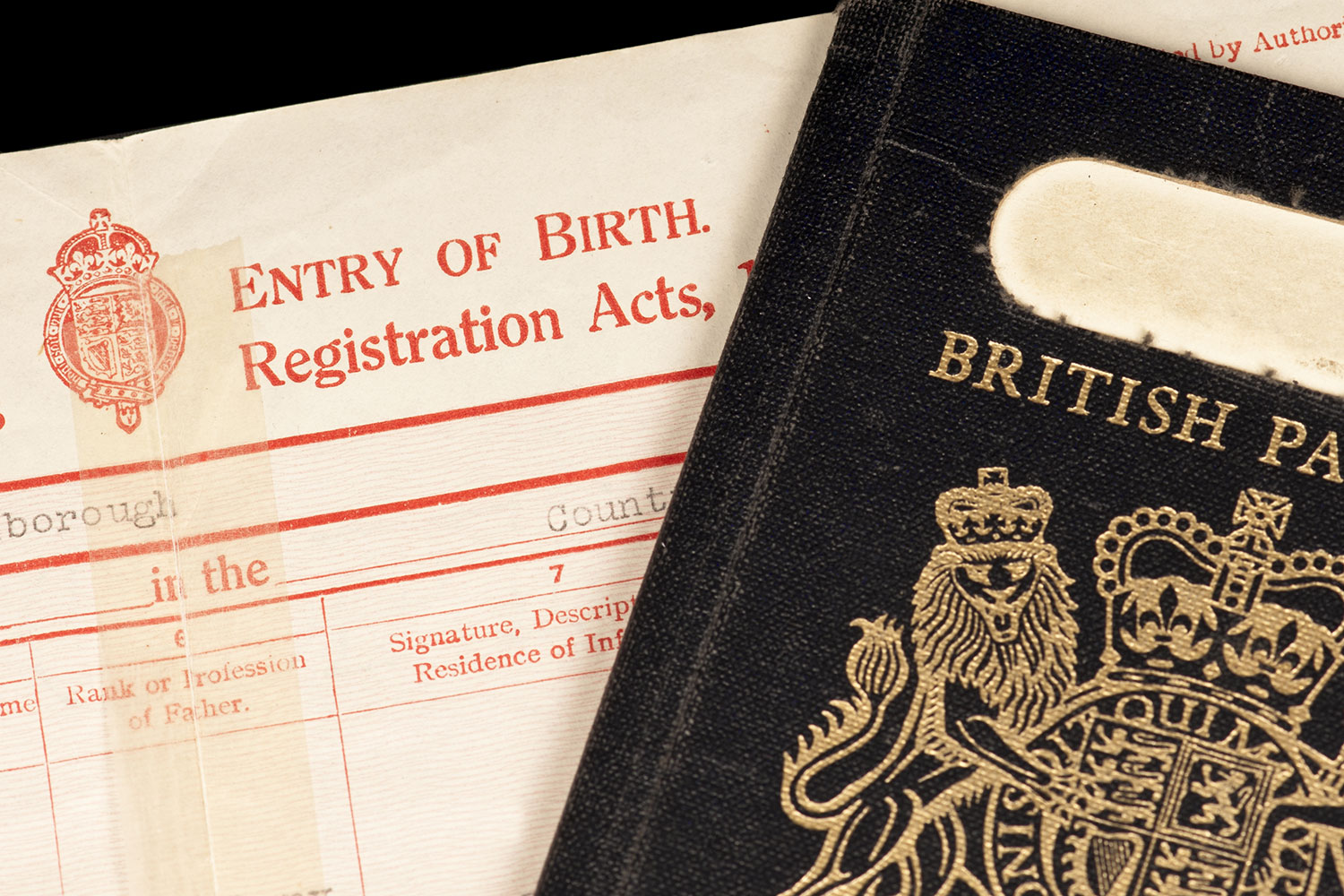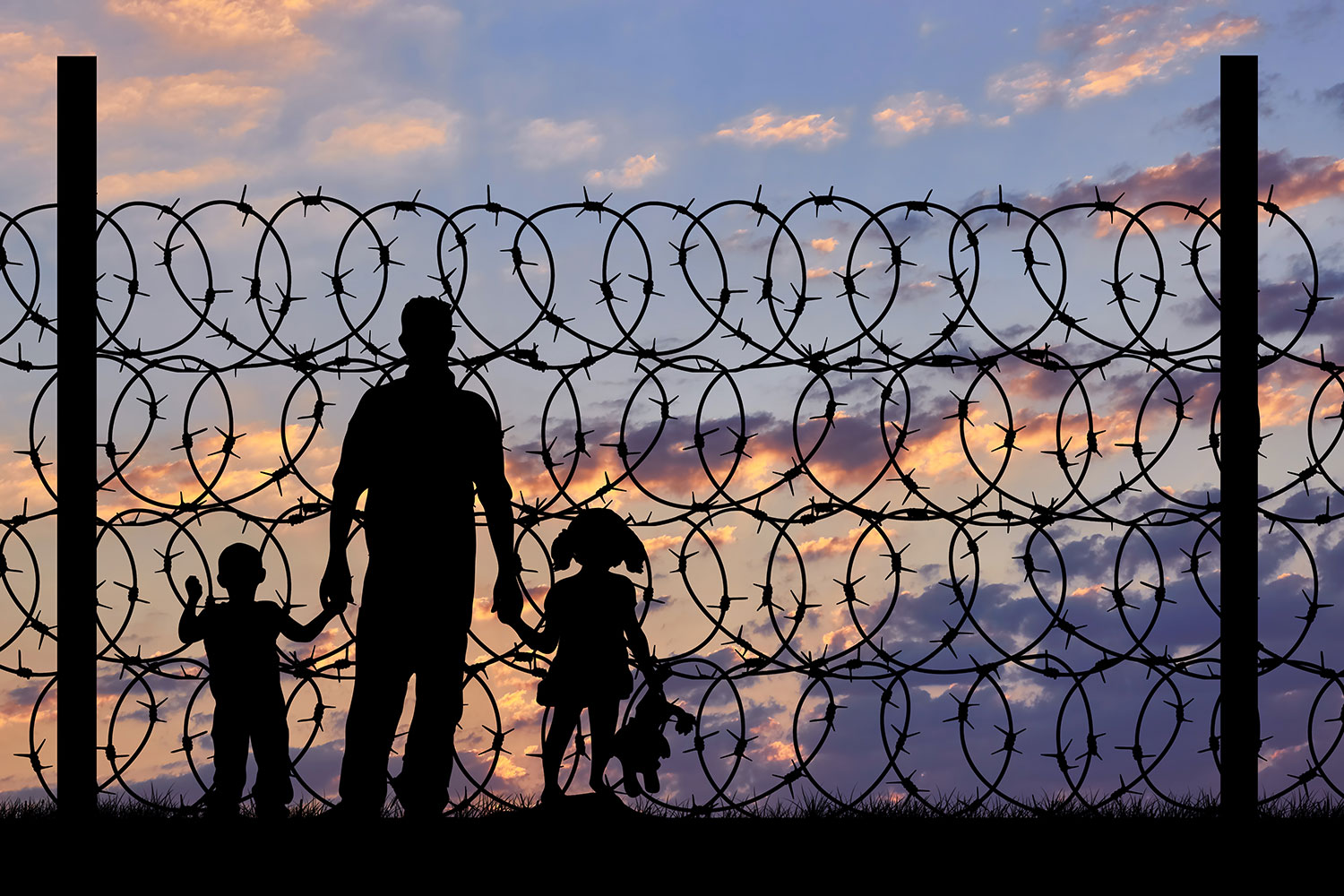
USCIS Will Require In-Person interviews for Form I-730 Petitioners –11/18/2020
U.S. Citizenship and Immigration Services (USCIS) has issued a policy memo requiring most petitioners to appear for an interview in connection with Form I-730 (Refugee/Asylee Relative Petition), regardless of location. USCIS will implement the expansion of in-person petitioner interviews in phases and will provide advance public notice before each phase is implemented. This policy memo will apply to Form I-730 petitions filed on or after the implementation date of the applicable phase.
The Immigration and Nationality Act (INA) provides that spouses and unmarried children of a principal refugee or asylee in the United States may receive asylee or refugee status by following to join principal refugees or asylees in the United States. The process requires the principal refugee or asylee to file a Form I-730 petition on behalf of his/her spouse and/or child within two years of the principal’s initial admission as a refugee or grant of asylum, unless otherwise granted an extension of time to file for humanitarian reasons. It is important to note that Form I-730 beneficiaries are not required to qualify as asylees or refugees; they rather derive that status by virtue of their relationship to the petitioner.
Prior to the issuance of the new policy memo, in-person interviews had been required for Form I-730 beneficiaries residing in or outside the U.S. However with respect to I-730 petitioners, USCIS only imposed an interview requirement on those whose beneficiaries resided in the U.S. when eligibility concerns could not otherwise be resolved by interviewing the beneficiary alone. Under this policy memo, USCIS will require most petitioners to appear for an interview in connection with Form I-730.
Based on USCIS’s statistical data, the historical national average processing time for all USCIS offices for Form I-730 has increased from 6.5 months in Fiscal Year 2016 to 18.3 months in Fiscal Year 2020.* The added requirement of in person interviews for most Form I-730 petitioners will further delay the adjudication of these petitions, leading to additional backlogs and longer family separations.
*FY2020 uses data from October 1, 2019 to August 31, 2020.
If you have any questions about the above referenced policy memo, Form I-730 petitions, or any other immigration matter, contact our attorneys at the Law Offices of Azita M. Mojarad, P.C. Our experienced immigration attorneys can address your concerns and advise you of the proper course of action.



